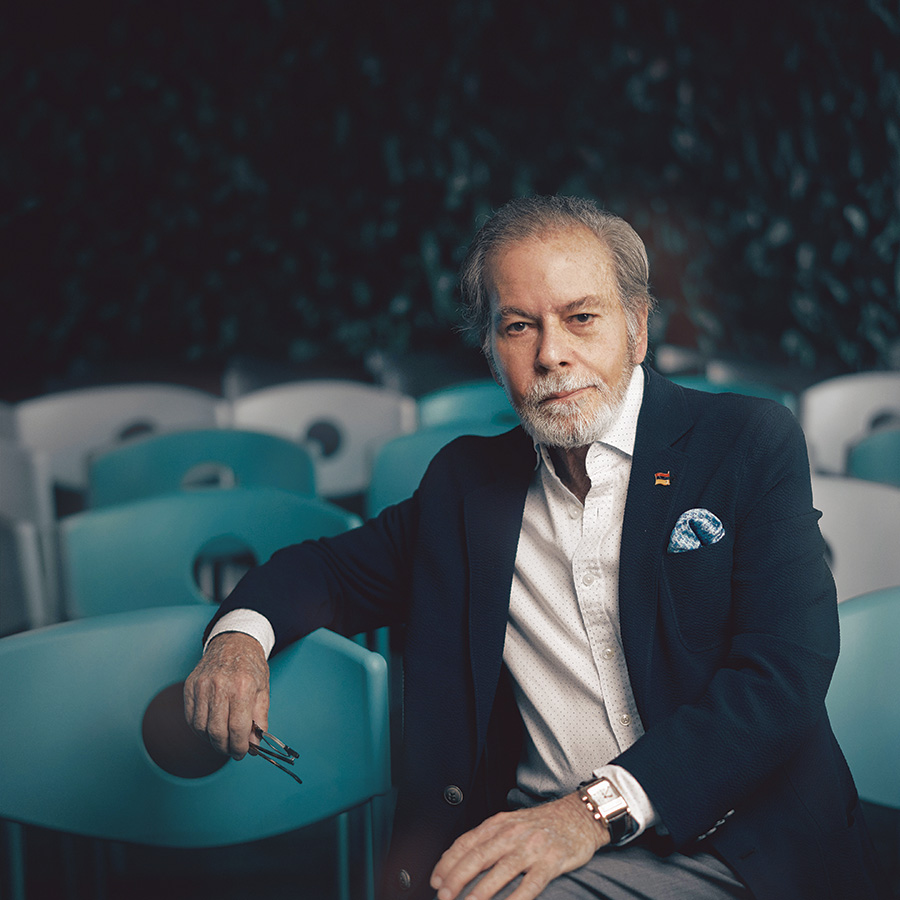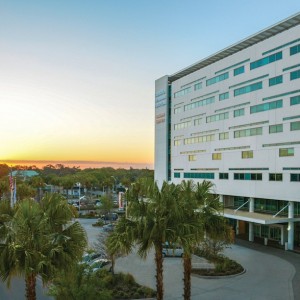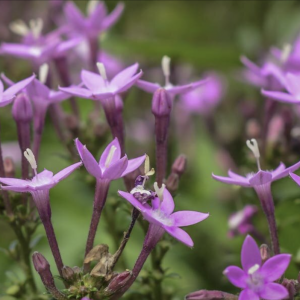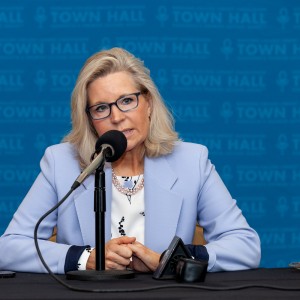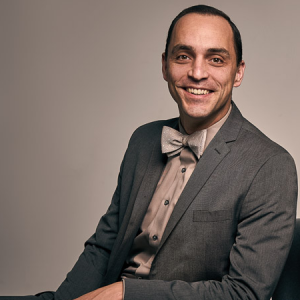Diego Arria once served as Venezuela’s ambassador to the United States. Now he faces the threat of jail if he returns home. The critic of the Nicolas Maduro regime in his home country—and the Hugo Chavez reign before it—shared his hope for change with the Sarasota World Affairs Council in October, when he also sat down with SRQ to discuss why Florida must pay closer attention to tumult in a country closer than Idaho.
SRQ: What has it been like shifting from representing Venezuela abroad to becoming an international critic of the government? Arria: I’m a product of a different Venezuela, which was a free, open, democratic country. I had wonderful relations with everybody in the world. So that change in my country, it was a monumental impact on my views not only of my own country, but the world. At the United Nations, when for the first time in my life where everybody saw concentration camps in a country, with people starving and being under siege and massacring, I would say that changed me forever. And the way I see unfairness, fairness, any circumstance on violence, I am always on the other side.
You have said President Trump is taking Venezuela more seriously. In what sense? The Clinton administration didn’t do anything with Venezuela. The Obama administration, the same case, except Obama started the first sanctions. But the main pronouncement and statement of policy regarding Venezuela has been done with the Trump administration. I cannot say it is a result of a grand strategy. It’s more of a case-by-case, sometimes day-by-day activity. I don’t want to say tweet by tweet. It seems to me that the circumstances have been shaping the foreign policy in Venezuela. I’m not against that. But I would have liked to know whether they have a plan. Nevertheless, no one before has been more forceful and more systematic with the sanctions than the Trump administration.
Virtually every politician on both sides of the aisle in Florida supports the posture the US has taken with Venezuela. but there seems to be a feeling that as people flee here, they’re not welcomed with open arms. Would that help? I don’t know. Because I’m here, it is very easy for me to respond to what we need in Venezuela. But how can you tell the guy that’s 20 years old who can’t find more professors or the universities or doesn’t have enough to eat or they don’t see any future in Venezuela, “Listen you must be patient and you stay there until things change.” That will be asking too much. As a consequence, we have lost many, many young people. The polls indicate that if you open the doors of the United States or Spain or France or wherever, maybe you will lose 60 percent of our young people. I’ve said that even with this interim government that we have. The onus today is also on our side because they continue leaving because they don’t see the light at the end of the tunnel. That is very frustrating.
How much has Sen. Marco Rubio been involved in discussions? Rubio has played a fundamental role in mobilizing the Trump administration. Next to him [New Jersey Sen. Bob] Menendez on the other side of the aisle. But Sen. Rubio, he’s been very loyal. He’s second to no one.
Is that because Florida is the closest state to Venezuela? Do Floridians need to pay more attention to what’s happening in this neighbor to the south? The title of my conversation in Sarasota was “A Real Threat in Our Backyard,” but I take issue with the word “backyard.” Because we are different than the area that is garbage in the backyard. Venezuela is actually in your front yard. We are only 1,500 miles away. You can leave for Syria, Afghanistan, but you cannot depart from this region and get there directly. We are the most American country in Latin America still, and that’s because of the proximity. Baseball had a little to do with it, too; my hero growing up was Joe DiMaggio. But those are the references that we had, at least in my generation.
There’s been a lot of talk in Florida about the effects of socialism in Latin America, but also of totalitarianism. What lessons should US voters take away? If I was an American, you have to start thinking of a region that you thought that was more or less at peace, then you start looking at what could happen. If you have cancer, you never say I am sick of the metastasis. You are sick of the tumor. The tumor is Cuba. But people don’t want to address this. We are suffering the consequences—and it has spread faster than people thought. Until last year, we had governments in Peru, Ecuador, Argentina, even Mexico. The region should become the first priority of the United States. Especially when the administration said they don’t want to have any more wars. You don’t have to be a warrior. You just have to pay attention and do something about it. Ironically, some of the Latin American countries have perfect diplomatic relationships with Cuba. Colombia is a case in point. None of them take any action. I wrote about six months ago that the Chinese were providing Venezuela with tear gas, but Latin America is very happy to do business with them. This double standard to participate is really weakening us. Imagine if Colombia changes. Colombia and Venezuela together will be 90 million people at territory with oil, with diamonds. You can imagine what kind of a threat we are for South America, Central America and the Caribbean.
So how should Venezuela be included in these conversations? The United States has been absent, missing in action, for the last 15 to 20 years of Latin America. You don’t see them anymore. In that while, they gave the place to the Chinese, to the Russians, to the Iranians even. They buried the Monroe Doctrine. They forgot about the region and a moral commitment to stay conscious of our independence. But if you think about it, not a long time ago, we had more of the United States involved in our region. I mean, the Peace Corps was an extraordinary way to relate to and connect to the most important people in the United States. But the United States disappeared from the region, more concerned with what is happening in Syria.





